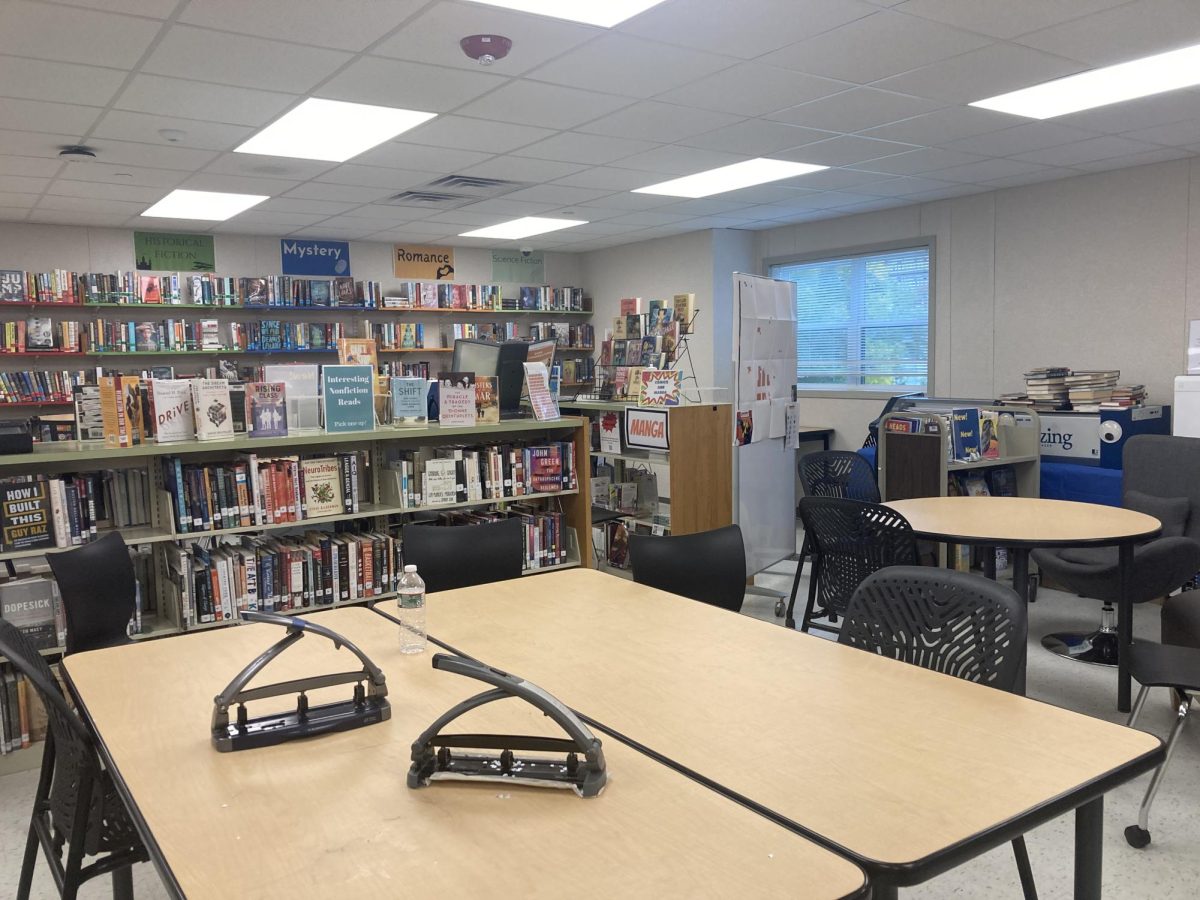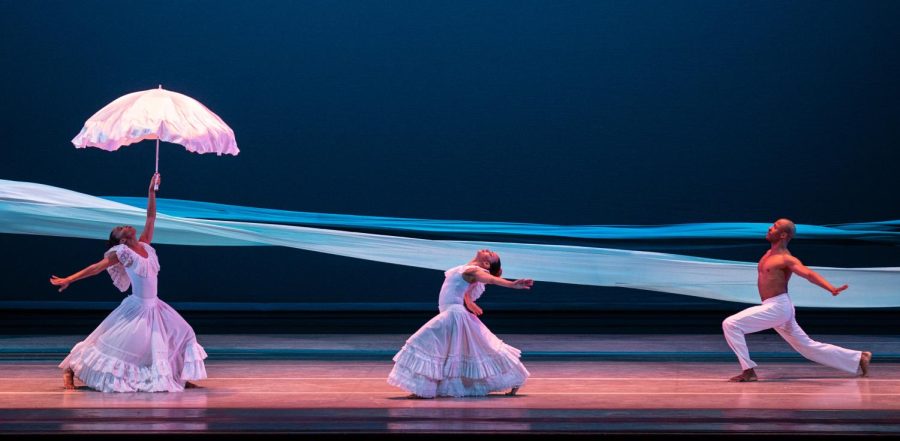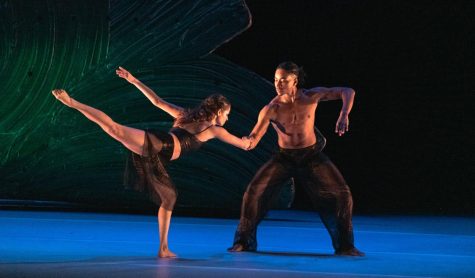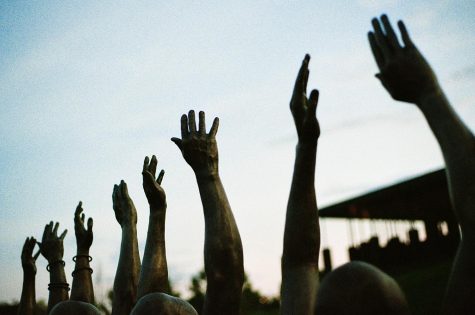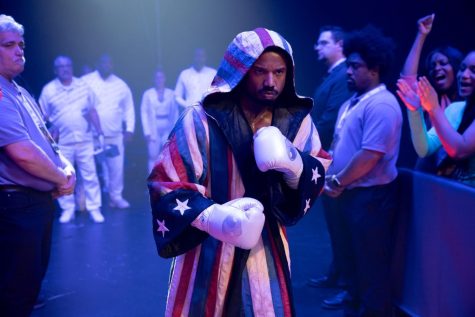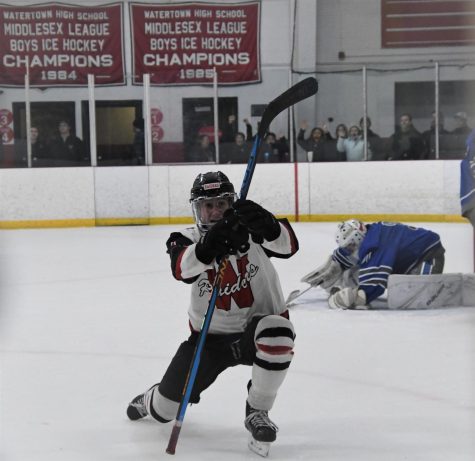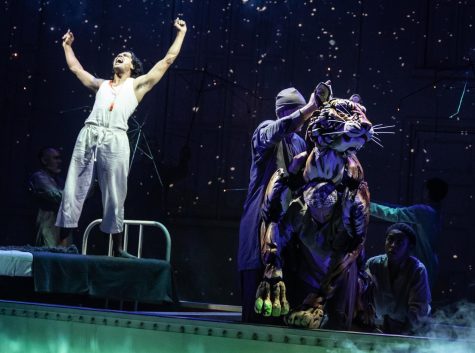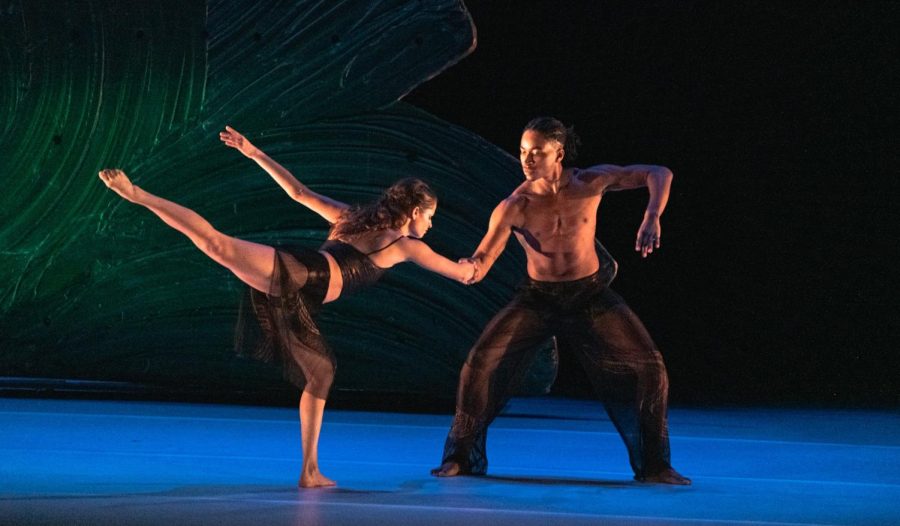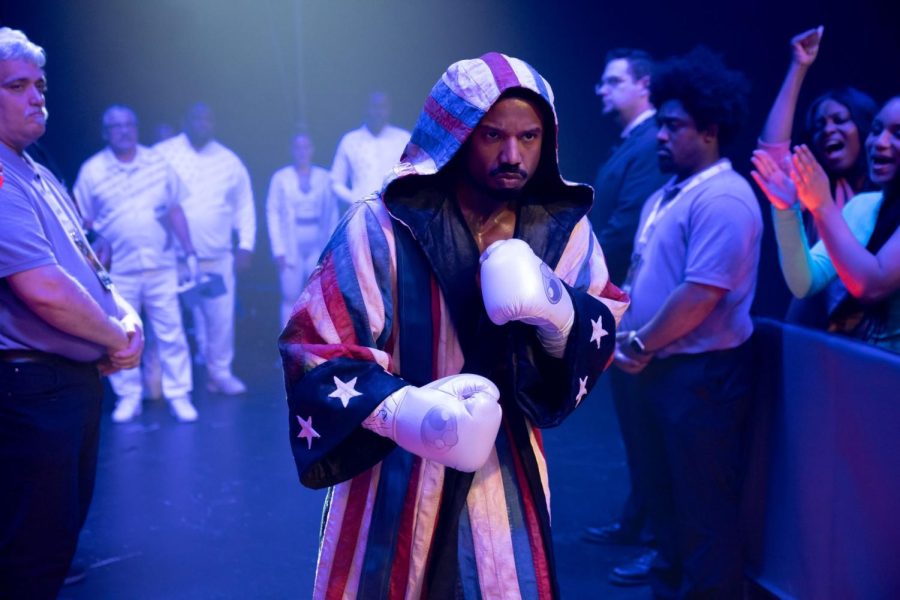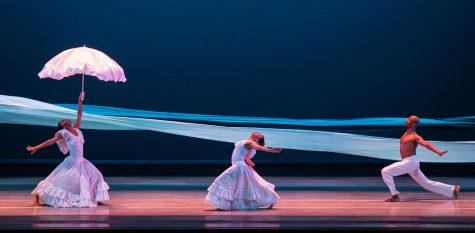Award-winning work: Jack’s Increasing Savagery in ‘Lord of the Flies’
Read the essay by Watertown High ninth-grader Saron Nebiye that won the inaugural Penguin Classics Student Scholarship Essay Contest
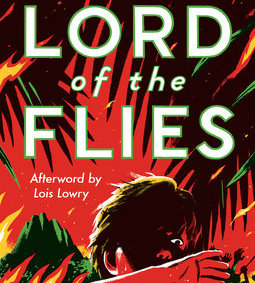
June 15, 2017622 Views
[Note: The following essay by Watertown High School ninth-grader Saron Nebiye was a winner in the inaugural Penguin Classics Student Scholarship Essay Contest, for which she will receive a $1,000 college scholarship, plus a Penguin Classics deluxe library for the school. Fellow Watertown High ninth-grader Sarah Kristine Vail, also writing on “Lord of the Flies,” was also a 2017 winner and a recipient of a a $1,000 college scholarship. read her essay HERE.]
William Golding’s novel “Lord of the Flies” centers around a group of young boys whose plane is shot out of the sky and crash lands on an island during a war. As a result, the boys are forced to survive without the oversight of adults. One of the main themes Golding develops in his novel is the evils of humankind due to the flaws of human nature. Although the adolescents start out as innocent civilized children, they soon devolve into aggressive barbarians. Golding shows this regression in many ways, including changes in their actions, their dialogue, and their appearance. As the boys become increasingly more savage in their behavior, their uncouth appearance mirrors this change. These changes are especially noticeable with Jack Merridew.
At the start of the book, the children have recently crash landed on the island and are still dressed as they would have been on a normal day in Britain, wearing their school uniforms. When Ralph blows the conch, Jack and his choir approach in parallel lines like soldiers, wearing capes and hats. Golding describes Jack and his schoolmates this way: “The creature was a party of boys, marching approximately in step in two parallel lines and dressed in strangely eccentric clothing . . . each boy wore a square black cap with a silver badge on it. Their bodies, from throat to ankle, were hidden by black cloaks” (19). The boys are dressed as British school children in their uniforms. This is when the boys are at their most civil and their formal clothes reflect those traits.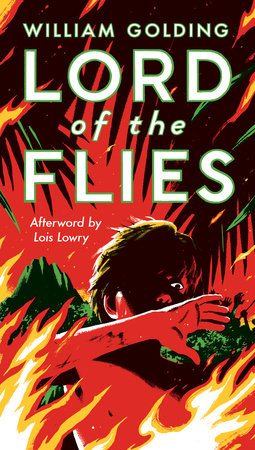
Their initial behaviors also reflect this civility. The boys decide to set up a democratic system while on the island. After an exploration to determine whether the land mass they are on is in fact an island, Ralph, Simon, and Jack return to the other boys to report their findings. Ralph and Jack set up rules the boys will follow. Ralph says, “‘We can’t have everybody talking at once. We’ll have to have ‘Hands up’ like at school . . . I’ll give the conch to the next person to speak’” (33). Golding describes, “Jack was on his feet. ‘We’ll have rules!’ he cried excitedly. ‘Lots of rules! Then when anyone breaks ‘em-’” (33). Both Jack and Ralph are on track to leading a society with rules and consequences similar to those that governed their lives at home. But this sense of peace, civility, and agreement will not be eternal. Ultimately, dissention will replace peace as the prominent force on the island.
As time passes, so do the remnants of their old lives. The boys begin doing things–such as hunting pigs with sharp spears–that they would never have considered a few weeks earlier. As Jack is out looking for their next meal, Golding describes, “His sandy hair, considerably longer than it had been when they dropped in, was lighter now; and his bare back was a mass of dark freckles and peeling sunburn. A sharpened stick about five feet long trailed from his right hand, and except for a pair of tattered shorts held up by his knife belt, he was naked. He closed his eyes, raised his head, and breathed in gently with flared nostrils assessing the current of warm air for information” (48). At this point, Jack is unkempt like a wild, untamed animal prowling the jungle. He becomes an expert in hunting, his new obsession. The savage part within him has finally taken over, leaving nothing left of the old Jack Merridew, choir leader
Another change that corresponds with Jack’s altered appearance is the increase in fighting between Jack and Ralph. The once unified front they held starts to crumble as their priorities change. Jack becomes more focused on hunting and less concerned with the well-being of the others while Ralph believes that getting rescued and creating shelters should be their first priorities. In one of their arguments after Jack returns from hunting, he says, “Rescue? Yes, of course! All the same, I’d like to catch a pig first-” (53). The teamwork the two leaders display in the beginning of the book is replaced by discord. As the plot progresses, Jack’s appearance changes even more dramatically, and his behavior becomes increasingly aggressive, eroding his relationship with Ralph.
One of the most important tools prompting Jack’s metamorphosis is the face paint. Jack creates face paint for himself and his hunters to use as camouflage, but eventually the paint transforms from camouflage to something more sinister. It becomes a mask that Jack can use to hide his old self. Following an unsuccessful hunt, Jack returns to the woods where he discovers the paint. After he lathers it on his face, Golding describes, “He capered toward Bill, and the mask was a thing on its own, behind which Jack hid, liberated from shame and self-consciousness” (64).
The paint frees him from the rules and expectations which have held him back. They have kept him polite and civilized, but with the departure of those boundaries, Jack becomes one of the most vicious boys on the island. An example of his transformation occurs in chapter eleven. Ralph and Jack have been fighting with each other both physically and verbally, but don’t intend to irrevocably harm each other. Immediately following the death of the smartest boy, Piggy, Jack and Ralph come to blows once more, but this time is different.
Jack says, “‘See? See? That’s what you’ll get! I meant that! There isn’t a tribe for you anymore! The conch is gone’. . . Viciously, with full intention, he hurled his spear at Ralph” (181). Jack, who was not able to hurt a pig in the beginning of the novel, is willingly throwing his spear at a person he once considered a friend. The savage part within him has finally taken over, leaving nothing left of the old Jack Merridew, choir leader.
In “Lord of the Flies,” each of the boys’ change of appearance coincides with a change of personality. This devolution is particularly noticeable in Jack, who begins as an assertive but innocent child and ends the novel as a savage, bloodthirsty boy. Through the example of Jack Merridew, Golding shows the reader that the human race is naturally evil. He implies that without rules and laws, the evil within would consume us entirely, leaving immoral animals in its destructive wake.
–June 15, 2017–
